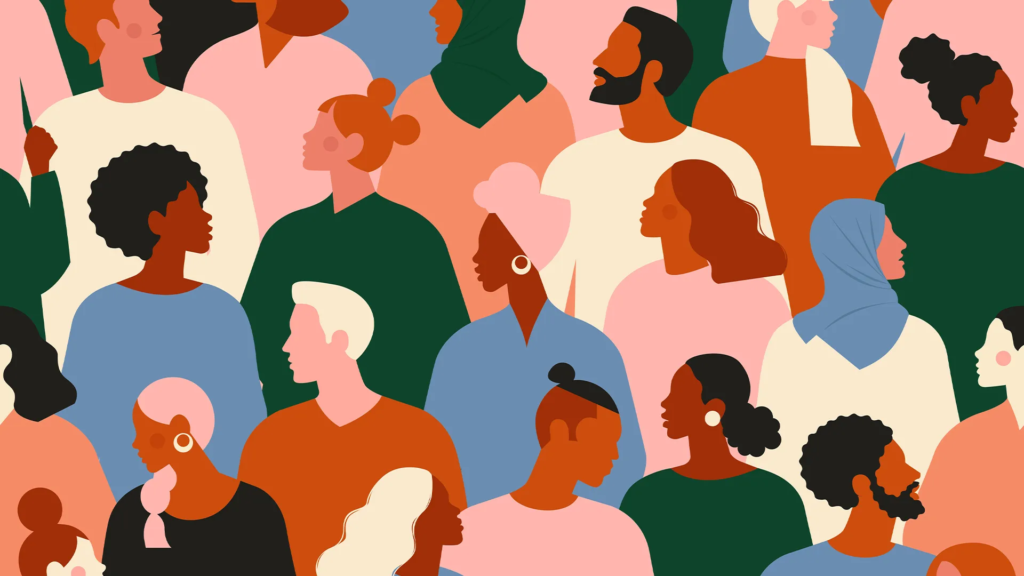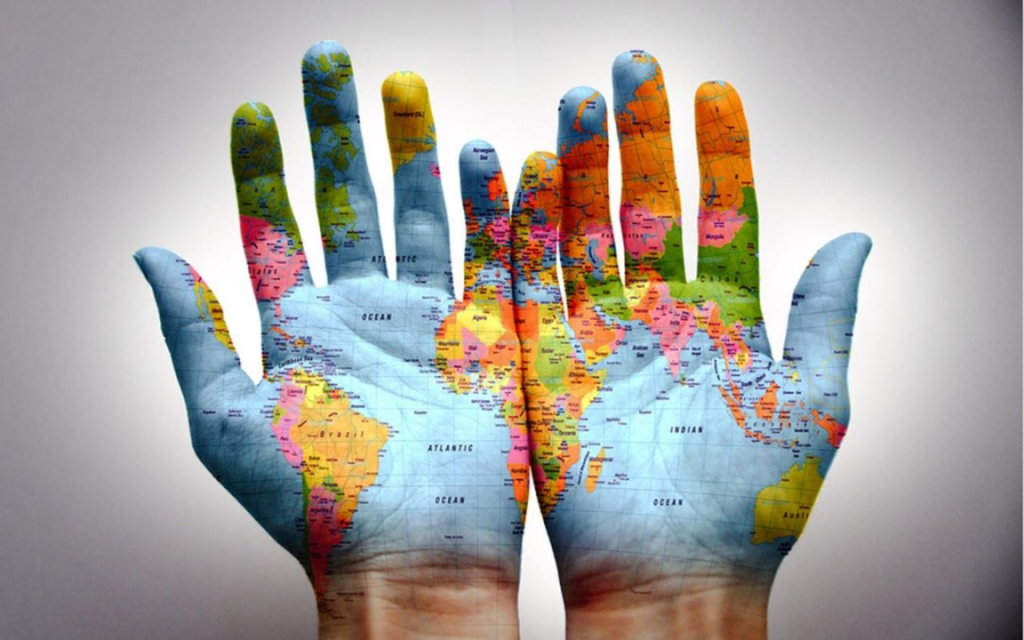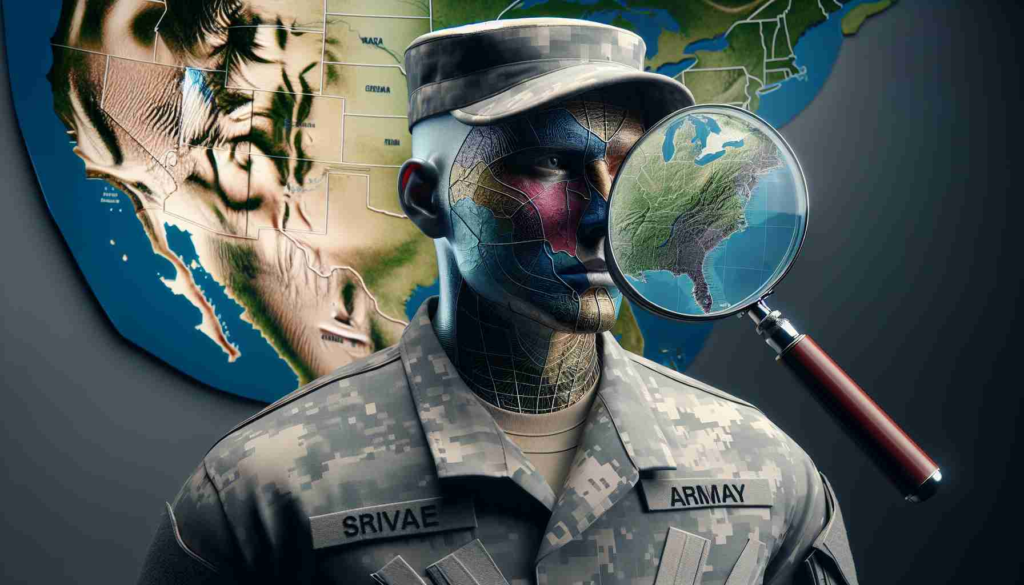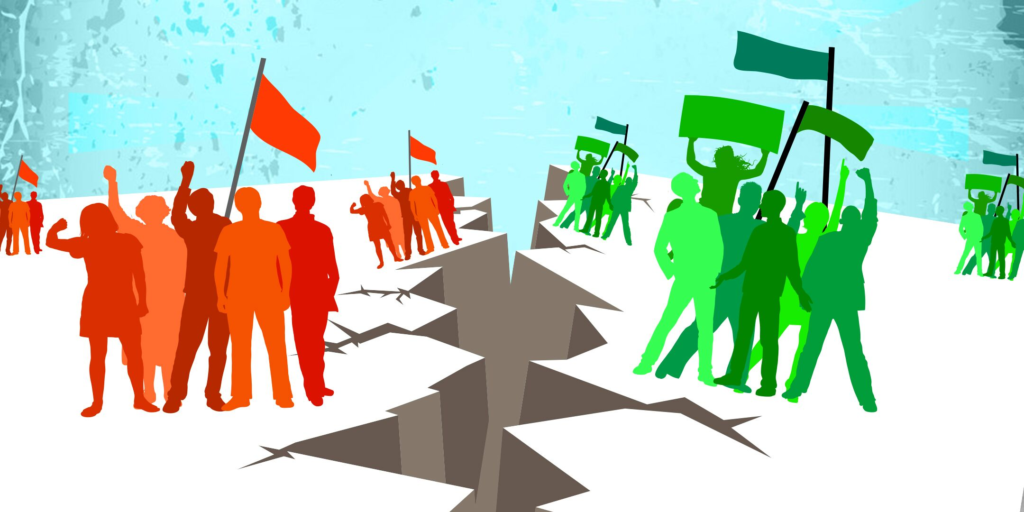What is it?
The fact of being, or feeling that you are, a particular type of person, organization, etc.; the qualities that make a person, organization, etc. different from others
What is femininity
qualities or attributes regarded as characteristic of women or girls.
What is Masculinity
qualities or attributes regarded as characteristic of men or boys.
How can Identity be influenced?
Identity is shaped a lot by where we live, where we belong, and how we grow up. These things influence how we see ourselves and how others see us, especially when it comes to gender, culture, social roles, politics, or even feeling like we don’t have a clear identity.
Gender Identity
Where you grow up can play a big role in how you see your gender. Some places have strict ideas about what it means to be “male” or “female,” which might make it harder for people who don’t fit into those boxes to express themselves. On the other hand, living in a more open-minded community might give people the space to figure out and show who they really are. Family, school, and social circles also influence what we believe about gender, and stereotypes about things like being “tough” or “delicate” can make this even more complicated.

Cultural Identity
The culture you’re raised in—like its traditions, food, and language—becomes a big part of who you are. But that can shift if you grow up in a mix of cultures, like in a diverse city, or if you move to a new place. This can sometimes feel like juggling two (or more) identities. Stereotypes about certain cultures might also make you feel like you need to prove something or distance yourself from those assumptions.

Social Identity
The people and groups around you—friends, classmates, co-workers—shape your social identity. Feeling like you belong somewhere (a sports team, a community group, or even online spaces) can give you a sense of identity. But being excluded or not fitting in can make you question where you belong.

Geographical Identity
Where you’re from can feel like a huge part of your identity, whether it’s pride in your hometown, country, or even just your neighbourhood. At the same time, leaving that place or feeling disconnected from it—like moving far away—can make you feel a little lost.

Political Identity
Your political beliefs are often shaped by your environment—what your family values, the political climate where you live, or what issues are important to your community. These influences might push you to agree or rebel against what you grew up with.

Loss or Lack of Identity
Sometimes, people feel like they don’t have a solid identity—like if they’ve moved around a lot, been excluded from certain groups, or experienced discrimination. This can leave them searching for where they fit in. Stereotypes can make this worse by creating unfair expectations or making someone feel they can’t truly be themselves.
In the end, our identity is always evolving, influenced by the places and people around us. It’s about figuring out where we fit—and sometimes, creating a new space for ourselves.

